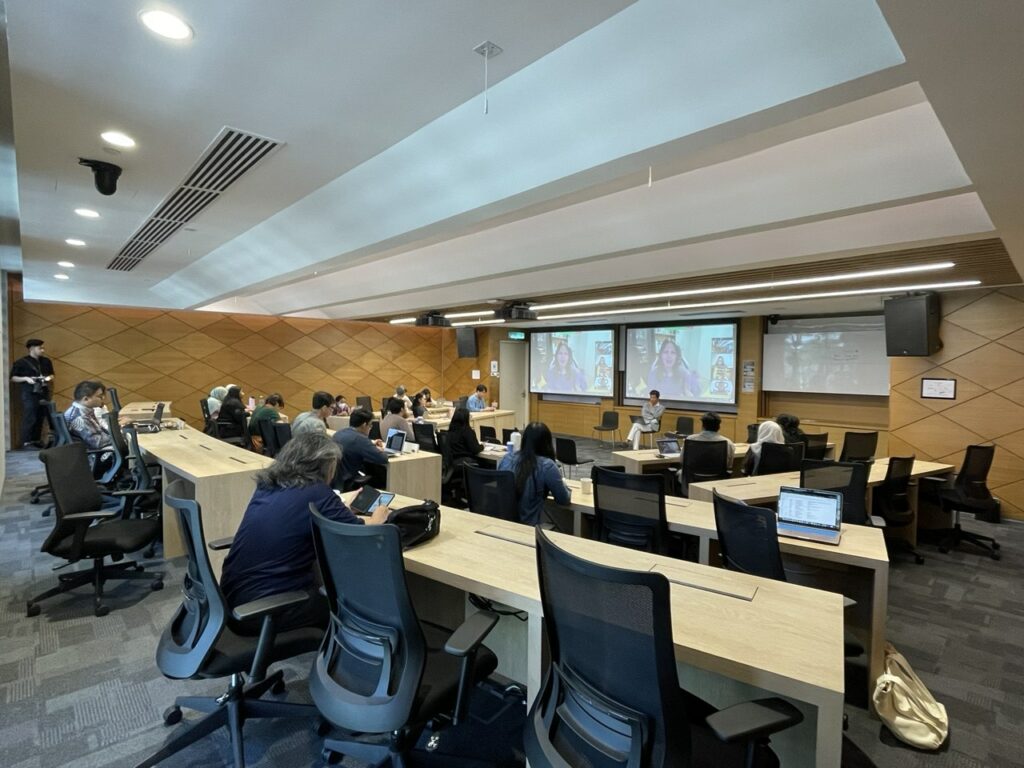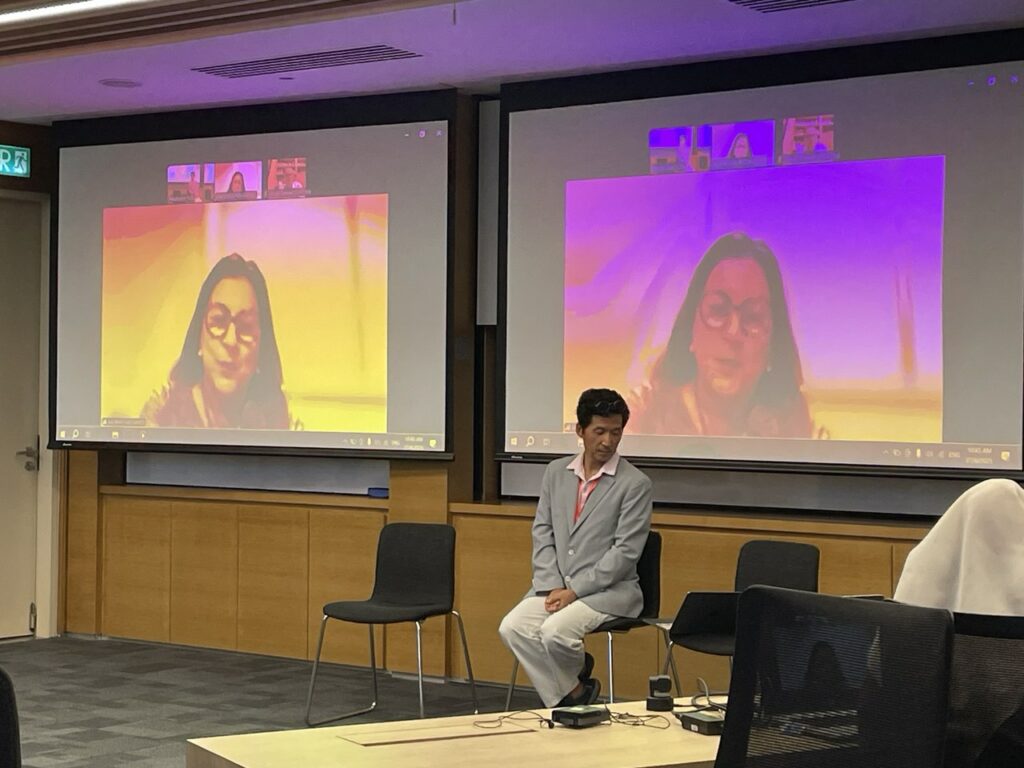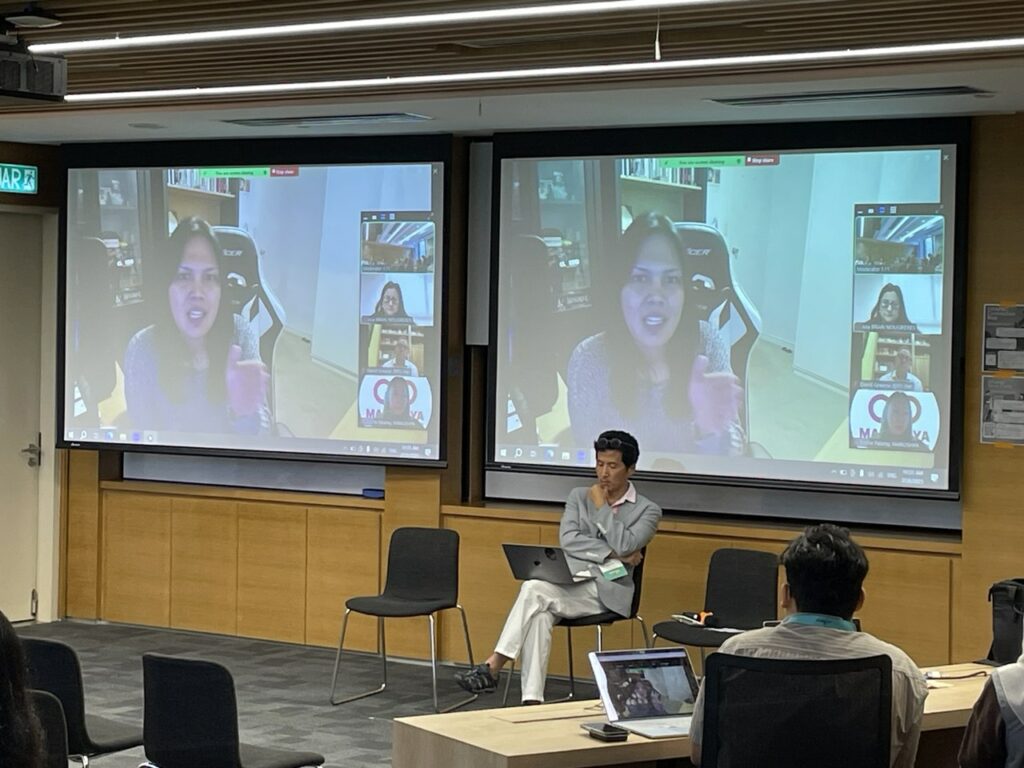Open Net jointly hosted a workshop at DRAPAC 2025 on August 27, 2025 with Electronic Frontiers Foundation, Manushya Foundation, Software Freedom Law Center, and Southeast Asian Collaborative Policy Network where the civil society and the United Nations Special Rapporteur on Privacy Ana Brian Nougreres discussed the human rights concerns with the twin phenomena of age gating, and age verification as its method.

Background: Across the globe, policymakers are seeking to mandate that certain online services, speech, or features be off-limits to minors. These mandates, may, but not always do, require the implementation of age-estimation or verification technologies whereby everyone who seeks to access certain online content or services needs to prove that they are an adult. Such mandates often reflect states’ potentially conflicting duties to “undertake to ensure the child such protection and care as is necessary for his or her well-being” and to protect minors’ rights to freedom of expression, association, access to information and privacy. However, unlike in-person interactions, the online age-gates typically require burdensome collection and storage of personal data, raising privacy, anonymity, and freedom of expression concerns for all people, adults and minors alike. Any such mandate, requiring age verification/estimation or not, need be vetted under international human rights law.
Moderator: Kyung Sin Park, Open Net
Speakers:
- David Greene
Electronic Frontiers Foundation - Ana Brian
UN Special Rapporteur on Privacy - Emilie Pradichit
Manushya Foundation - Jean Linis-Dinco
Manushya Foundation


David at EFF began discussing various age verification measures in Europe and the US that are restricting children’s rights and referred to a draft human rights statement that EFF, Open Net, and other civil society have begun crafting.
RIGHTSCON-2025-AGE-GATE-DRAFTDr. Ana Brian Nougreres argued that any age gating or age verification must comply with the necessity and proportionality requirement of human rights law in terms of how much information is collected, and how long that data is stored, for what purpose.
Emilie and Jean at Manushya Foundation presented a new statement on age gating where they emphasized that “The main principle in age gating policies that frames children as innocent, apolitical and pure is only reserved to children from affluent families who can buy their way to privacy and justice. Children from working class, racialised and migrant backgrounds are never guaranteed the same innocence…” and that children do not really benefit from the age gating laws because they silence voices and shrink children’s digital freedoms.
Some in the audience asked how the state should respond to the poor families or two-job families whose parents do not have the time to spend time with children. The moderator K.S. Park pointed out that it is not that the state has no role but that age gating laws represent the government’s overreaching position that the government can do it all when “it takes a whole village to raise a child”.


0 Comments